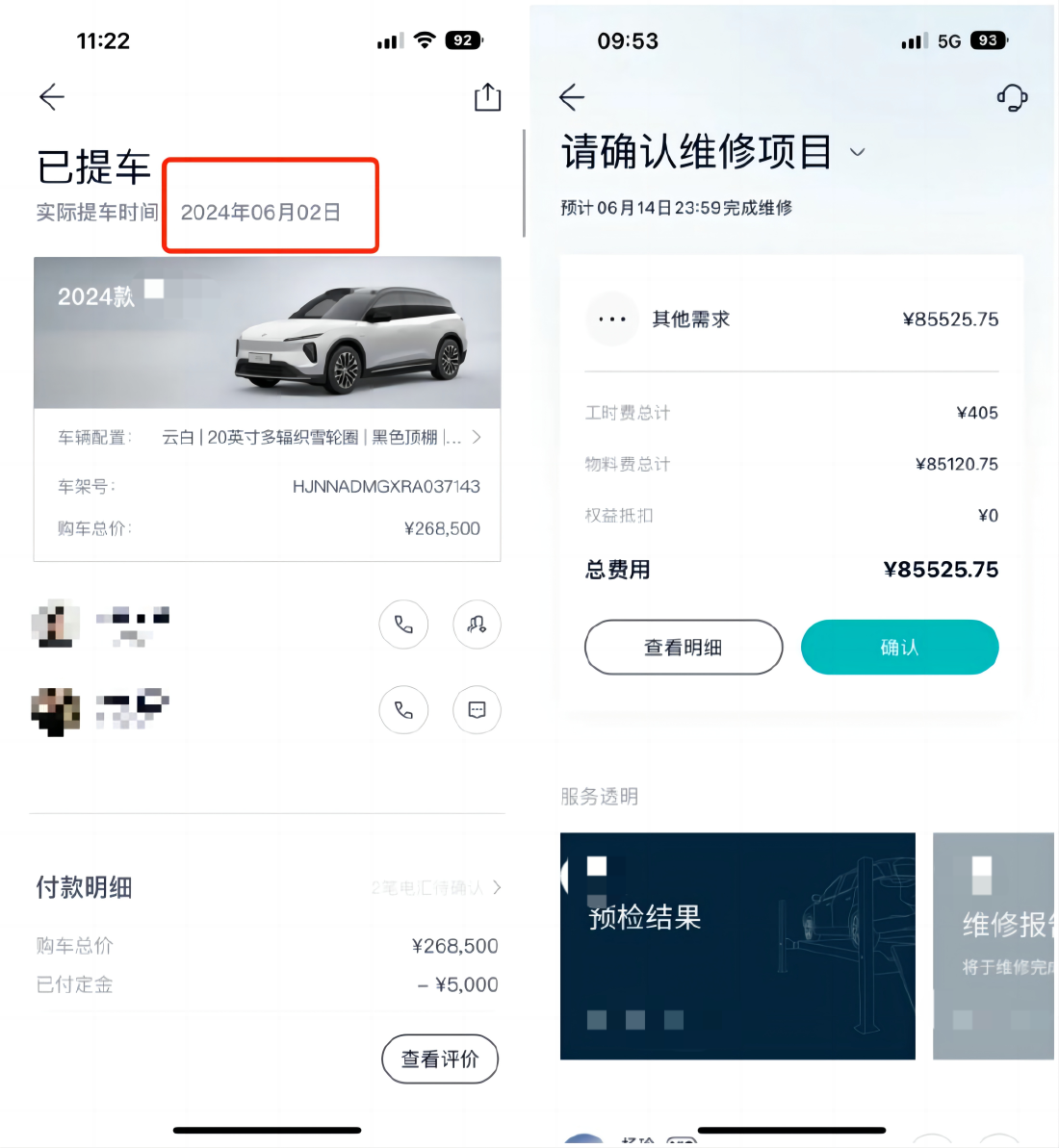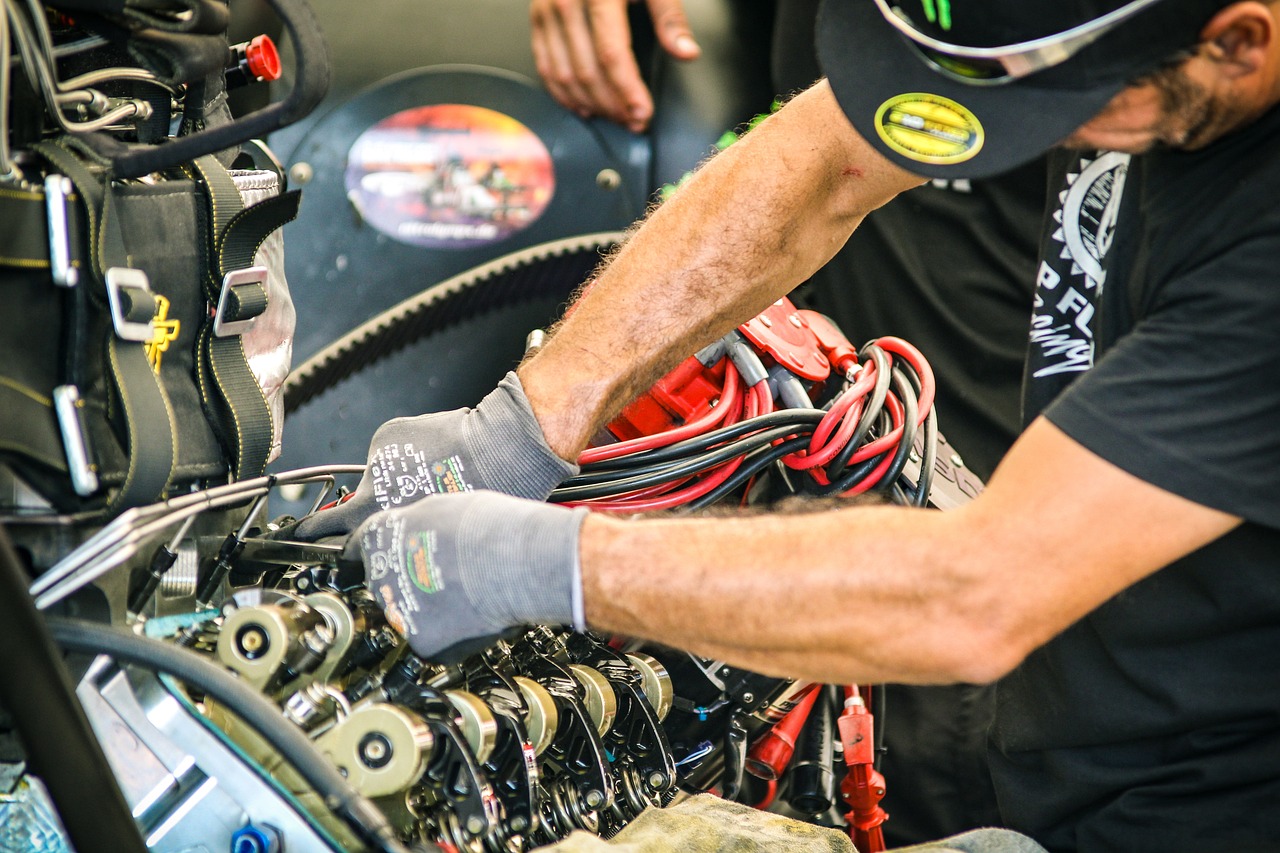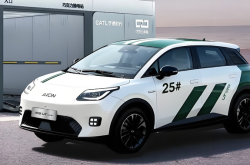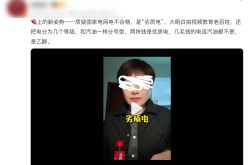The "three guarantees" policy for Chinese cars is outdated! It only covers electrification, not intelligence.
![]() 06/24 2024
06/24 2024
![]() 648
648
Within less than half a month of picking up the car, the chip module malfunctioned. If you were in this situation, would you prefer free repairs and points compensation or a car exchange/refund?
Recently, an owner of a certain brand of car revealed that they picked up their car on June 2nd and, after just 13 days and 776 kilometers, encountered an issue where the car's crucial functions became unusable. After returning the car for inspection, they learned that the central computing cluster had malfunctioned, with a full repair cost of up to 85,500 yuan. The car manufacturer was willing to bear the repair costs.

Facing such an issue within less than half a month of purchasing the car, the owner found the proposed solution unacceptable. Their demand was either a full refund or a car exchange. If neither of these could be achieved, they hoped the car manufacturer could compensate them with 50,000 yuan.
In response, the car manufacturer stated that the issue was not a chip damage but a fault with a nearby component. However, since the entire module needed to be replaced, the price was higher and the repair time was longer. Only if a critical component malfunctions within 7 days or if the same component fails repeatedly after repairs can it be eligible for free return or exchange. Ultimately, the car manufacturer was only willing to offer free repairs and 70,000 points as compensation.
Although the car owner was still dissatisfied, there were few better options apart from acceptance. Consumer demands rely either on the support of relevant laws and regulations or on the car manufacturer's willingness to sacrifice their own interests to compensate consumers. Currently, consumers seem to have little advantage in terms of laws and regulations.
Three guarantees policy: Electrification only, no intelligence
The "Regulations on the Responsibility for Repair, Replacement, and Return of Household Automobile Products" published in 2021 states that the main conditions for returning or exchanging a car under the three guarantees policy include: first, within 7 days from the start of the three guarantees period, if the vehicle needs to replace the engine, transmission, power battery, driving motor, or other major components due to quality issues, it can be returned or exchanged free of charge;
Second, within 60 days or 3,000 kilometers (whichever comes first) from the start of the three guarantees period, if there are issues with the steering system, braking system failure, or issues like body cracking, oil leaks, or power battery fires due to quality issues, it can be returned or exchanged free of charge;
Third, if a severe safety performance fault has been repaired twice but the fault has not been eliminated or other severe safety performance faults have occurred, it can be returned or exchanged free of charge.

In simple terms, the three guarantees policy for automotive products mainly focuses on whether the vehicle can operate normally and whether the fault will affect safety. Considering the rise of the new energy vehicle industry, the latest "Regulations on the Responsibility for Repair, Replacement, and Return of Household Automobile Products" has included power batteries and driving motors in the three guarantees policy, but intelligence-related configurations have not been included.
The problem is that vehicle issues caused by chip malfunctions are becoming increasingly common.
A while ago, a recently departed motor engineer from a car manufacturer revealed that there had been 7 cases of failure of Infineon silicon carbide power chips used in one of the car manufacturer's products, with a rough estimate of a failure rate of up to one in 5,000. In general, the failure rate of chips is usually expressed in PPM (parts per million) or PPB (parts per billion), where Infineon's chip failure rate is in the PPB range.
The chip failure rate of this car manufacturer's products has reached 20





